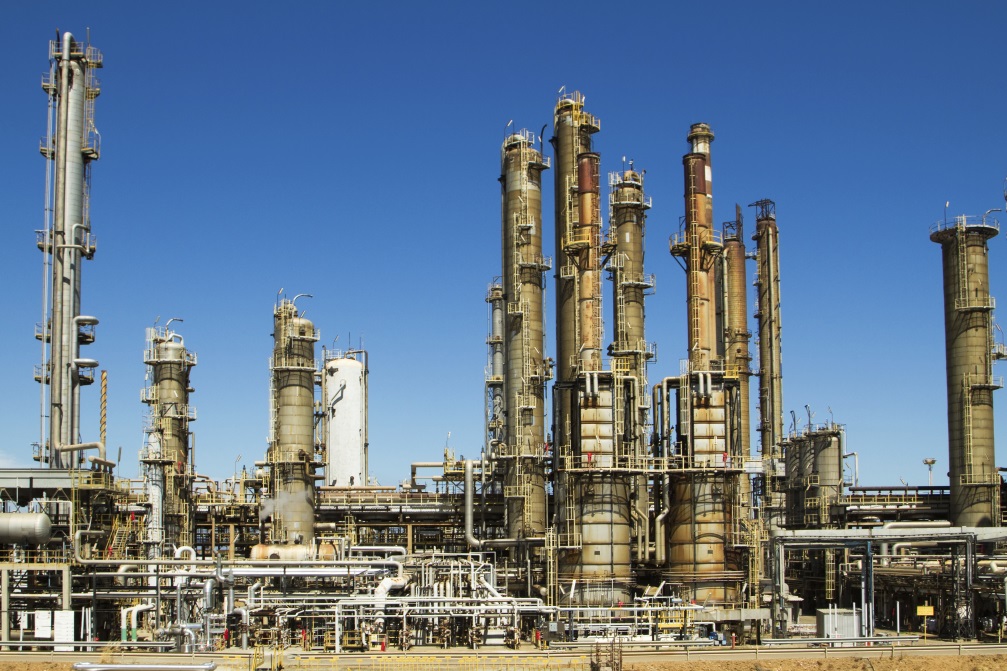Contract Services
Focus on operational excellence will drive growth in 2019 12th December 2018
By Paige Marie Morse, Chemicals Industry Lead at AspenTech
Paige Marie Morse, Chemicals Industry Lead at AspenTech, believes that focussing on optimizing performance and operational e

Paige Marie Morse, Chemicals Industry Lead at AspenTech, believes that focussing on optimizing performance and operational excellence, especially through the use of predictive and prescriptive analytics, will be key to long-term success in the chemicals sector.
The chemicals sector continues to grow strongly across all regions and we expect that strength to continue during 2019. Access to cheap feedstocks continues to provide North American chemicals manufacturers with a significant cost advantage. We have already seen a huge wave of new capacity and we expect a second wave to emerge in the 2021-2024 timeframe. Europe has also witnessed major announcements of new activity, heralding a recovery here.
Two trends impacting European operators that we expect to see continuing during 2019 are: importing cheap feedstock from operators in the US; and the ongoing push from European operators to get more involved in the specialty chemicals sector. The advantage here is that specialty chemicals is a complex business, technically-demanding and in some senses that suits capabilities in Europe. Operators know that if they perform well in this space, there will be more margin and more profitability – and that continues to encourage broad participation.
Scoping the challenge
Of course, despite the optimistic picture overall, the chemicals sector is still facing significant challenges as we move forward into 2019. There are trade tensions between the US and China and, to a lesser degree, between the US and EU. Chemical operators will need to carefully monitor these tensions because any uncertainty in trade flows is likely to act as a brake on decision-making.
We are also seeing ongoing consolidation and merger and acquisition activity across the industry. That is adding complexity, particularly around the consequent need for asset, software and platform integration.
Driving operational excellence
In more general terms and across all geographical sectors of the market, operational excellence remains a priority. The key for operators, as we look forward into 2019 and beyond, is to ensure that their levels of uptime are as a high as they can be – that their assets are running most of the time, and they are optimizing the way they are used. For a polymer producer, for example, the integration of prescriptive maintenance tools with supply chain tools is likely to play a key role in ensuring that they are making their products in the most efficient order possible and getting as much as they can out of their polymer units. For an operator focused on specialty chemicals, the focus might be more on keeping track of how exactly multiple different units and different products are being employed.
In 2019, we also expect growing use of the ‘digital twin’ concept, where operators create a digital representation of a unit and then trial ideas in that environment to help them decide on changes they might make in the real production environment. We also expect to see greater use of AI and predictive or prescriptive analytics – once again, closely linked to the pursuit of operational excellence. Its use will also be focused on keeping assets up and running. By using predictive or prescriptive analytics to pinpoint when a piece of equipment will fail, chemicals operators can plan ahead, develop contingency plans and make cost savings.
There will be a lot of interest in this area during 2019. AspenTech already has several pilots running and has achieved successes with its Aspen Mtell product, in particular. Aspen ProMV, which delivers multivariate analysis tailored to the unique needs of the continuous and batch processing industries, has also proved popular. As a tool focused on delivering quality, Aspen ProMV is well-suited to the chemicals sector because it helps producers optimize operational parameters to ensure that demanding quality requirements in specialty chemicals are met.
Despite this emphasis on predictive and prescriptive analytics, advanced process control (APC) is still a critically important technology within the chemicals sector today. Chemicals operators need to ensure that their assets are as efficient as possible, but they also need to know that they are safe. APC enables them to do all this by making certain that assets stay within their operating range.
Conclusion
In conclusion, as we look forward to 2019 and beyond, prospects for the chemicals sector generally look good as markets all around the world show positive signs of recovery and growth. European operators, in particular, are taking steps to move into the more complex specialty chemicals sector and are taking advantage of the higher margins on offer there. For any chemicals operator though, a focus on optimizing performance and operational excellence will be key to long-term success – and that’s where the latest predictive and prescriptive analytics, together with latest advanced process control technology, will have a key role to play.
In conclusion, as we look forward to 2019 and beyond, prospects for the chemicals sector generally look good as markets all around the world show positive signs of recovery and growth. European operators, in particular, are taking steps to move into the more complex specialty chemicals sector and are taking advantage of the higher margins on offer there. For any chemicals operator though, a focus on optimizing performance and operational excellence will be key to long-term success – and that’s where the latest predictive and prescriptive analytics, together with latest advanced process control technology, will have a key role to play.
Author:
Paige Marie Morse, Chemicals Industry Lead at Aspen Technology, 2500 CityWest Blvd, Suite 1600
Houston, TX 77042, USA.
T: +1 281 584 1000
Houston, TX 77042, USA.
T: +1 281 584 1000



